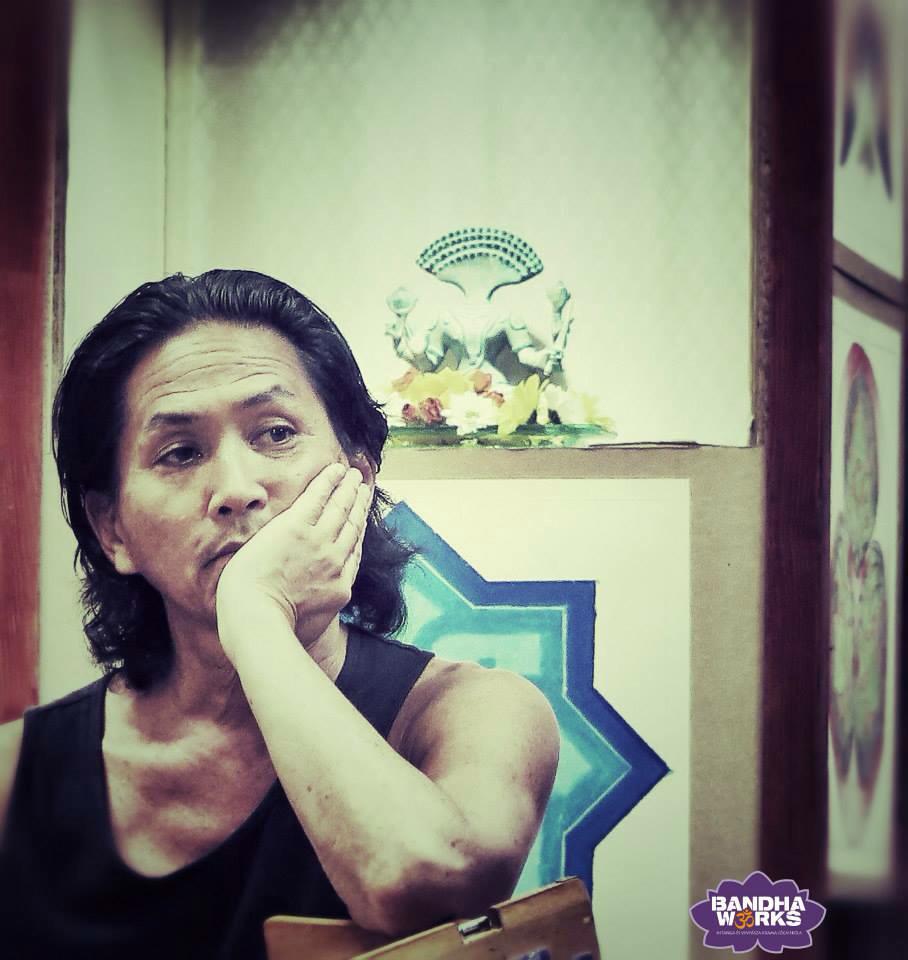Read a short bio of Govinda Kai here.
WLB: San Francisco, Tokyo, Mysore, New York – just to mention a few major points. You have lived in many cities of the world, and you were on the move between various continents, as well. What does home mean to you?
Govinda
Kai: Being at home means that you are fully content, you are surrounded by love, and there are no distracting energies around you.
WLB: Is this possible even when someone is always on the move? Do you think that you can feel at home in this situation because you are always surrounded by a yoga community?
GK:
I feel that a community is very influential. At the same time, the more you are able to accept, love, appreciate and respect yourself, the more others will love you. My students’ happiness is my happiness and my happiness is their happiness.
WLB: Still, how do you make a distinction between one city and another?
GK:
There are differences, but it is more important that they all have the same centre. I am always greeted with love, and this is what provides the core of my experiences.
WLB: How long has it been like this?
GK:
It was a process, but I think I have been feeling like this for five years.
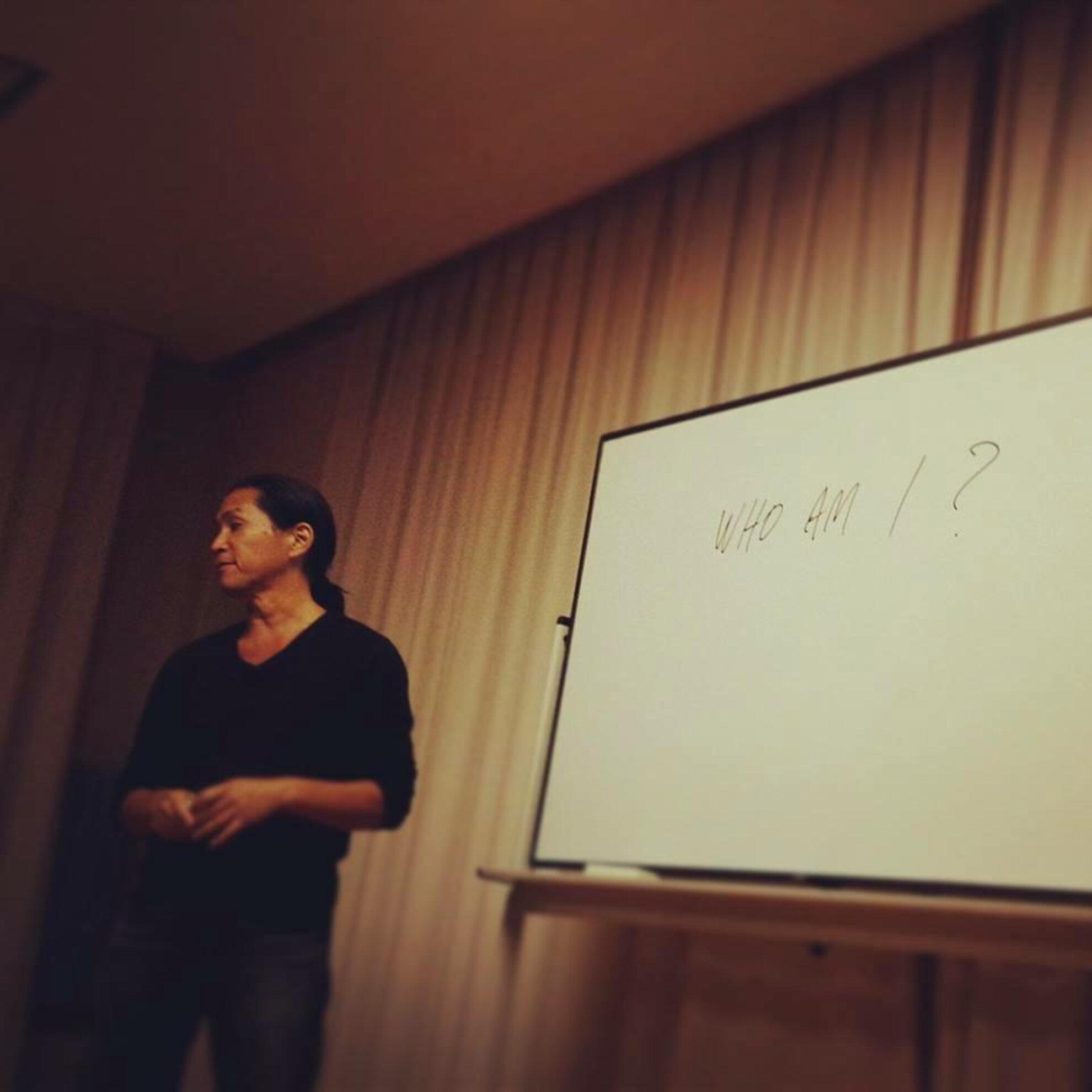
WLB: Have you lived through typical feelings associated with travel and environmental change? For example, did you experienced culture shocks?
GK:
Yes, I experienced differences more intensely, and I also had negative feelings – tension, irritability, insecurity and loneliness caused by the constant change. It was not the environment that was changing; I moved forward through self-knowledge (self-investigation which has led to self-knowledge), and that is the centre of everything.
WLB: What characteristics are typical of Budapest? Are there some that are faithfully reflected by the local yoga community?
GK:
Budapest is a very interesting place, characterised by extreme duality. On the one hand, the people are hyper-conservative and habitually stick to rules, yet at the same time the people are very creative, capable of powerful artistic expression; they are hippies, rebels and anarchists at the same time. People struggle with bipolar forces here, and I find this stunning.
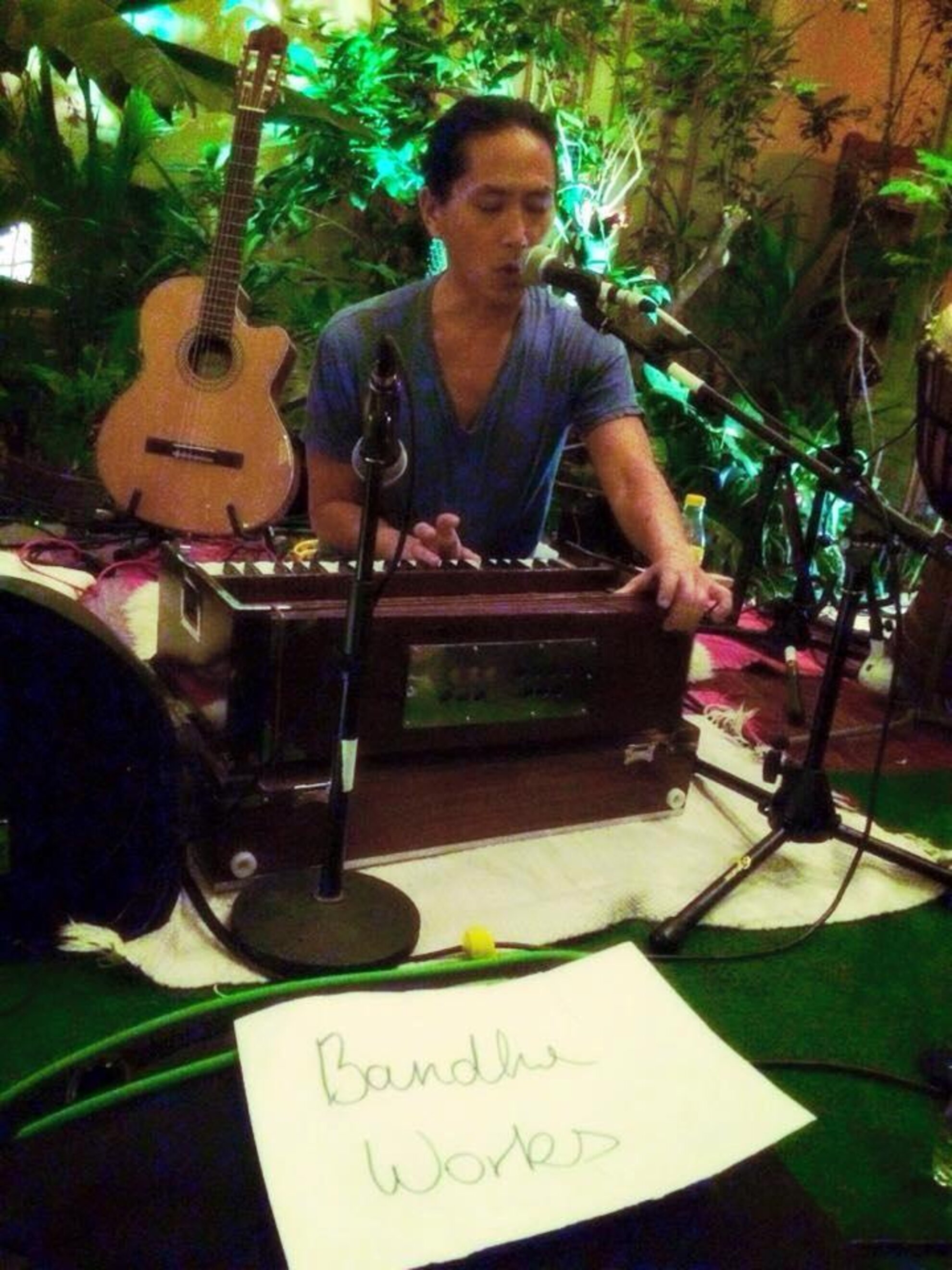
WLB: Had you been to Budapest before?
GK:
This is the third time. I held a workshop at the Atma Center Yoga Studio few years ago, and then last summer, I was invited to the Bandha Works Yoga School. I spent only a short time here on both occasions, but last year’s was such a powerful experience that I decided to return for a longer period.
WLB: Why? What did you experience?
GK:
My summer visit, you could say, turned out dramatically. I experienced such innocence, purity, and a kind of childishness by the students that were very receptive to my “crazy” energies. The harmony between me and the audience, my new friends, was exceptional. This is why I’ve come back. It is like going back to somebody’s house after being treated nicely as a guest.
WLB: Maybe there is a little more to it, since you can literally go anywhere in the world, yet now you have chosen Budapest for one and a half months…
GK:
True, this is more like a rendezvous ending in romance.
WLB: Have you received tips on what to see, taste and try in the city?
GK:
I do not have a set list. I am seeking experiences that help me deeply accept and appreciate the given moment. I like the thermal baths; I have been to Gellért Bath once, and visited Lukács Bath several times. I am very sensitive to water quality, but I am completely satisfied with Budapest.
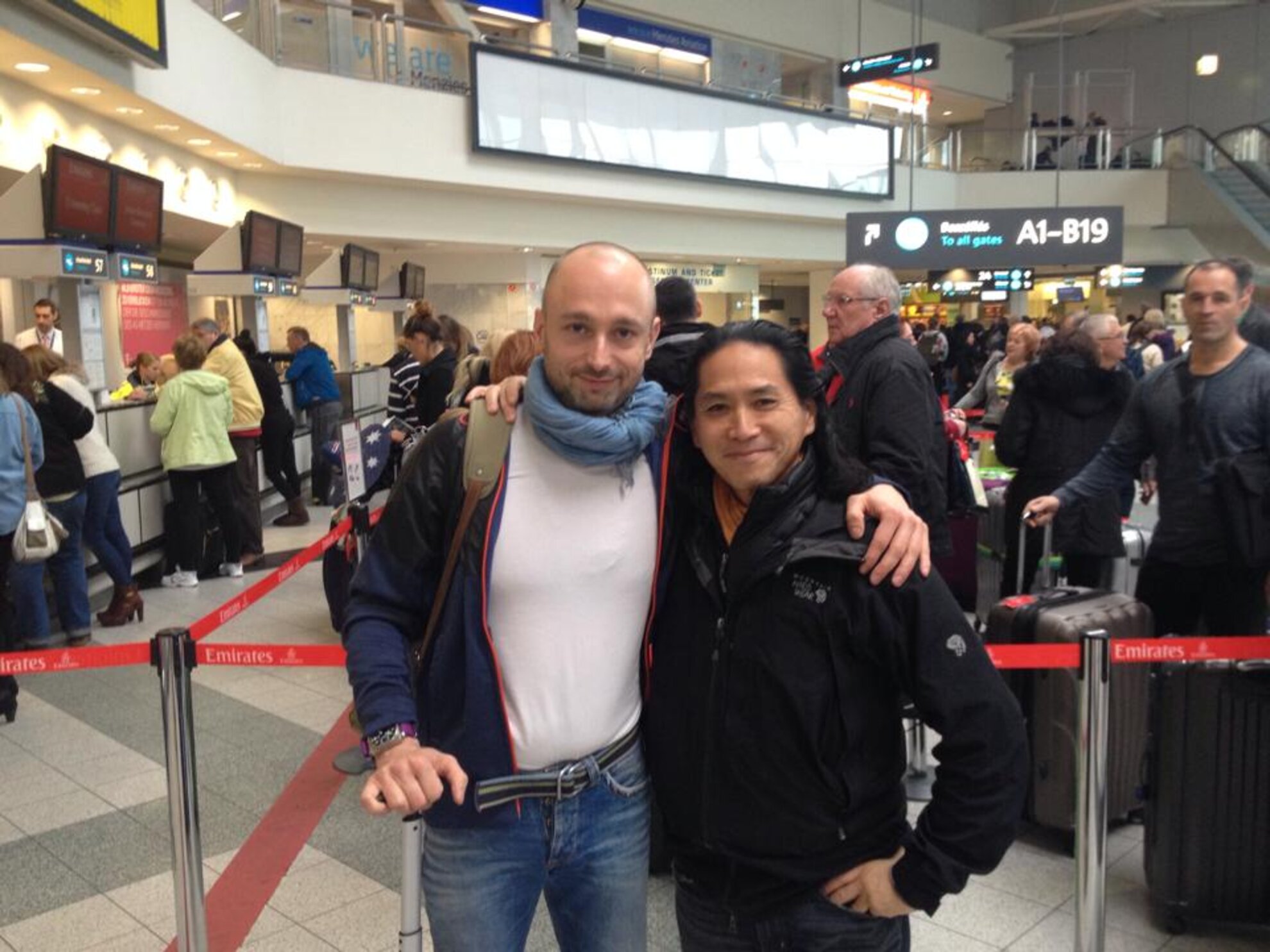
WLB: Is Budapest similar to any other city you have visited?
GK:
I like places with strong creative energies, and dynamic culture and environment. This is why I like Berlin, Amsterdam, and a number of faraway places – these all share certain points with my Budapest.
WLB: As I know, there was a time when your life attuned to a backpack’s worth of stuff and nomadic lifestyle. How did returning to the city feel after that?
GK:
By then I understood that imperfection and fragmentation are born of the mind, and if I manage to calm this down, I will find nature and life-affirmation in the city, as well. When in love, you do not care where you are, everything seems beautiful. So if you manage to fall in love with yourself, it will become clear that nature is everywhere, waiting to be noticed.
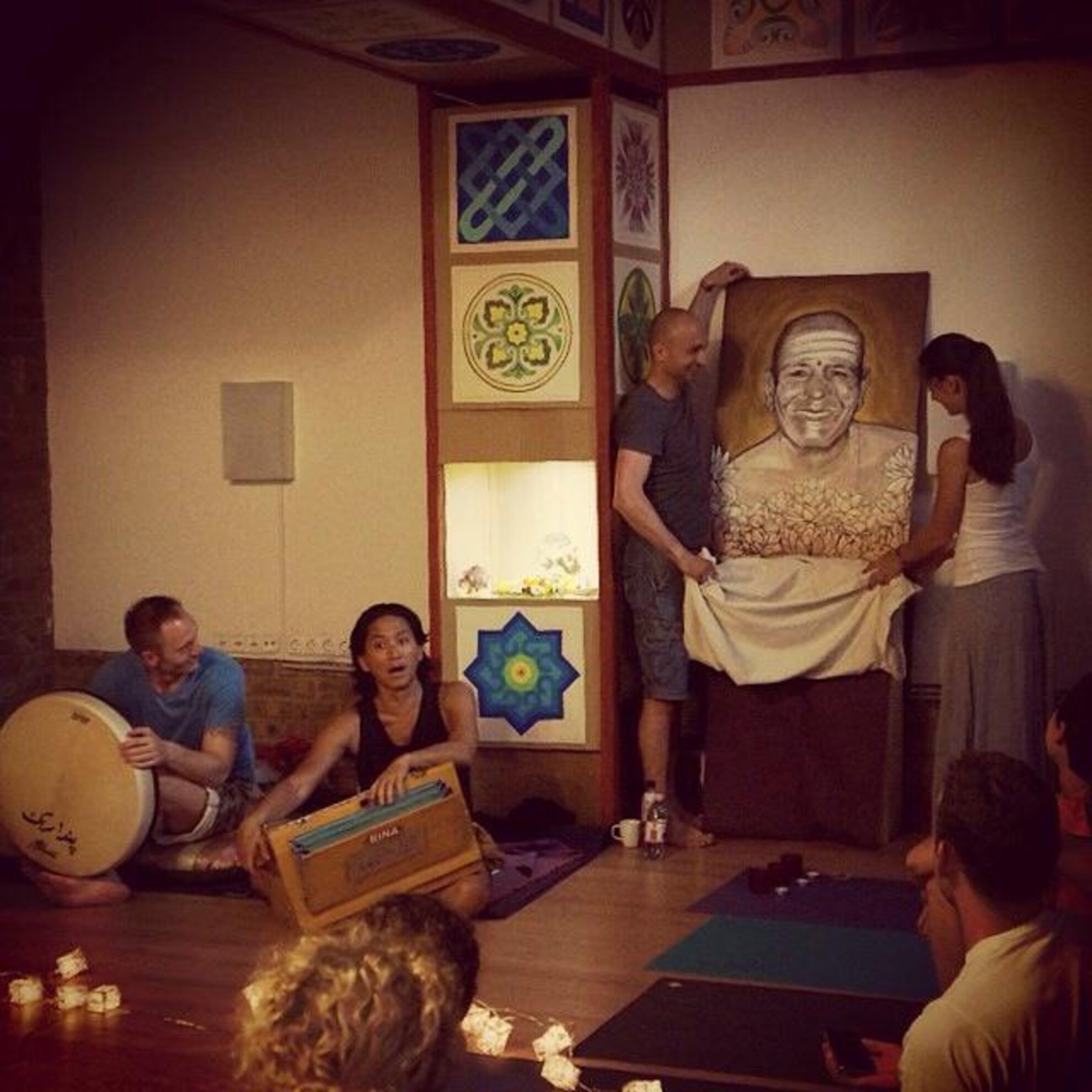
WLB: Can you still appreciate the “worldly pleasures”? What about fine foods, excellent restaurants, an active social life?
GK:
Of course I can! But it is important for me to not stick to these, to not sacrifice anything at the expense of my freedom. According to a well-known American saying, "those who sacrifice liberty for security deserve neither”. The joke is that, if you invest too much into something, you will immediately lose it. I am practically homeless, but sometimes I am accommodated in 10 000 USD a night suites. This is a great experience, but I would never sacrifice anything for these things.
WLB: Have you been to places where such aspects are in a healthier situation?
GK:
Yes. At these places, people are self-sustaining, live in harmony with each other and their environment, and place great focus on daily spiritual practices.
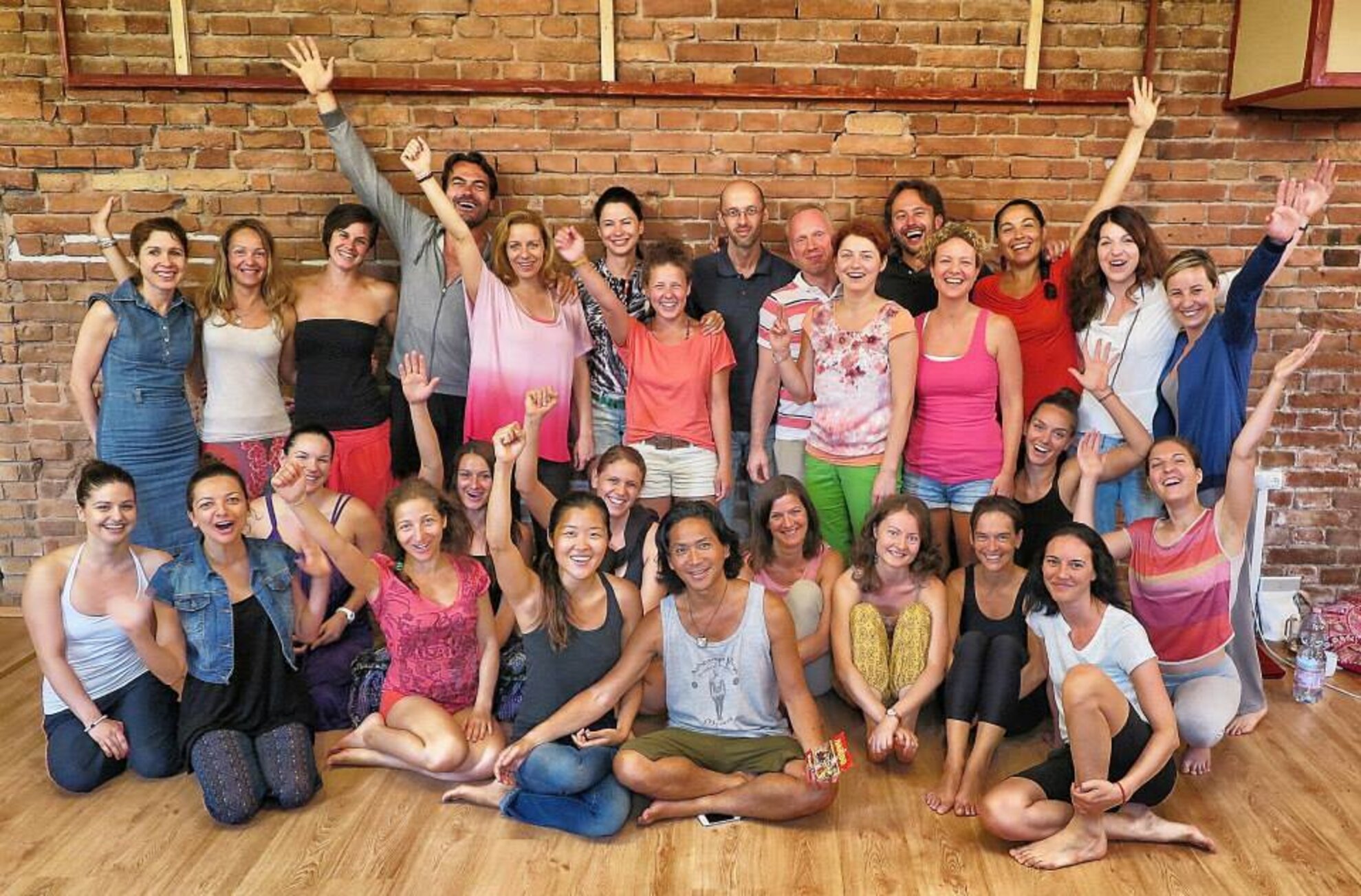
WLB: Is Bandha Works Yoga School one of these places?
GK:
Yes, it has special energies. There is a valuable connection between these people and the practice.
WLB: Do you have a message to the people of Budapest?
GK:
I would like to tell them to appreciate the miracle that is hidden in every moment.
WLB: At the end of February, you leave once again. Will you return to Budapest?
GK:
You never know, but I always have premonitions. Now I feel that I will return. I feel much more at home here then I have anywhere else in a while.
